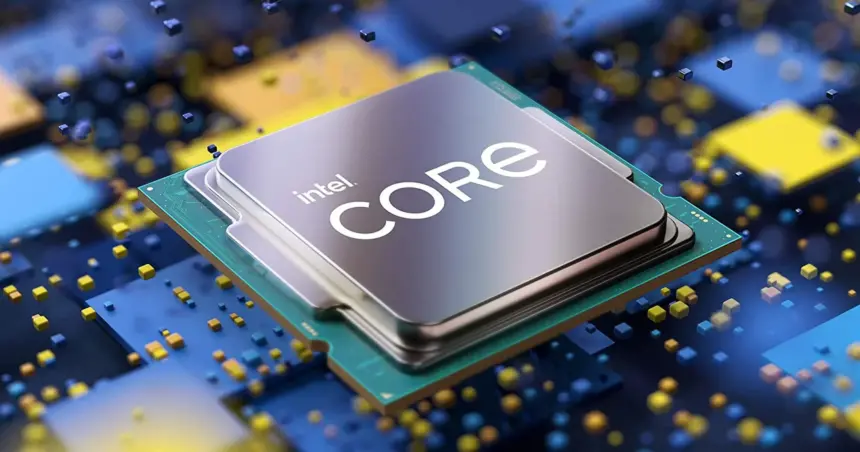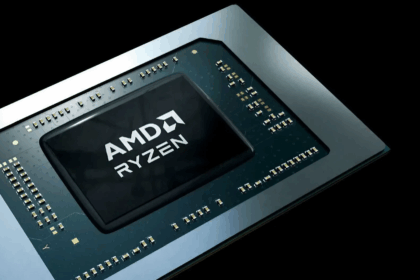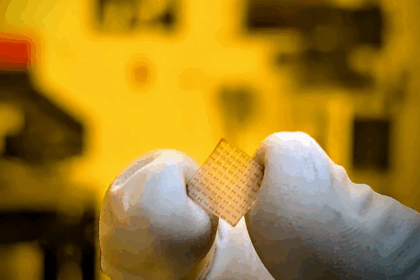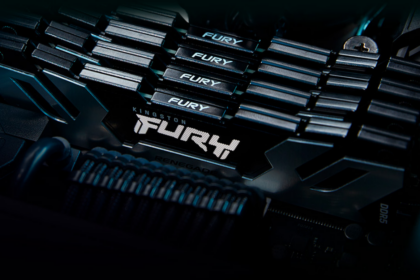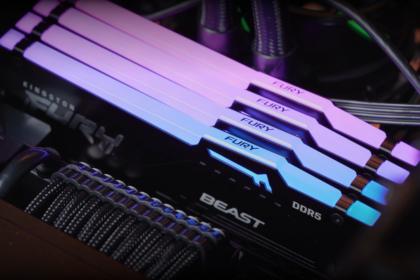Earlier this month, Intel addressed the instability issues affecting its 13th and 14th-generation CPUs, offering some clarity on the situation. The company explained its stance and announced a two-year warranty extension for the impacted processors. Intel also dismissed rumors that the issues were caused by chip oxidation, as had been speculated by some media outlets.
Intel is currently facing significant challenges, including layoffs and disappointing stock market performance, and these issues are adding to the difficulties the Santa Clara-based company is trying to overcome.
Asus and MSI release BIOS updates.
Asus and MSI have begun rolling out BIOS updates for their motherboards in response to the instability issues identified in Intel’s 13th and 14th-generation CPUs. Asus has released the Beta version BIOS 2503/1503 for the Z790 series, which addresses the instability problem and enhances overall system performance. The updates include:
- A microcode update to version 129 to fix the instability issue.
- Improvements in overall system performance.
Similarly, MSI has started releasing updates for some of its Z790 motherboards, including models like MEG Z790 GODLIKE MAX, MEG Z790 ACE MAX, and MPG Z790 CARBON MAX WIFI II. MSI has committed to making BIOS updates for all Intel 700 and 600 series motherboards available by the end of August.
These updates are essential for users experiencing instability with their 13th and 14th Gen Intel processors. The prompt action by Asus and MSI highlights their dedication to customer satisfaction and ongoing product enhancement. After installing these BIOS updates, users can expect a notable improvement in system stability and performance.
This collaborative effort between Intel, Asus, and MSI to tackle the CPU instability issues is a positive example of how tech companies can resolve problems and enhance the user experience. With these new BIOS updates, users can feel confident that their systems will operate more reliably and efficiently.

